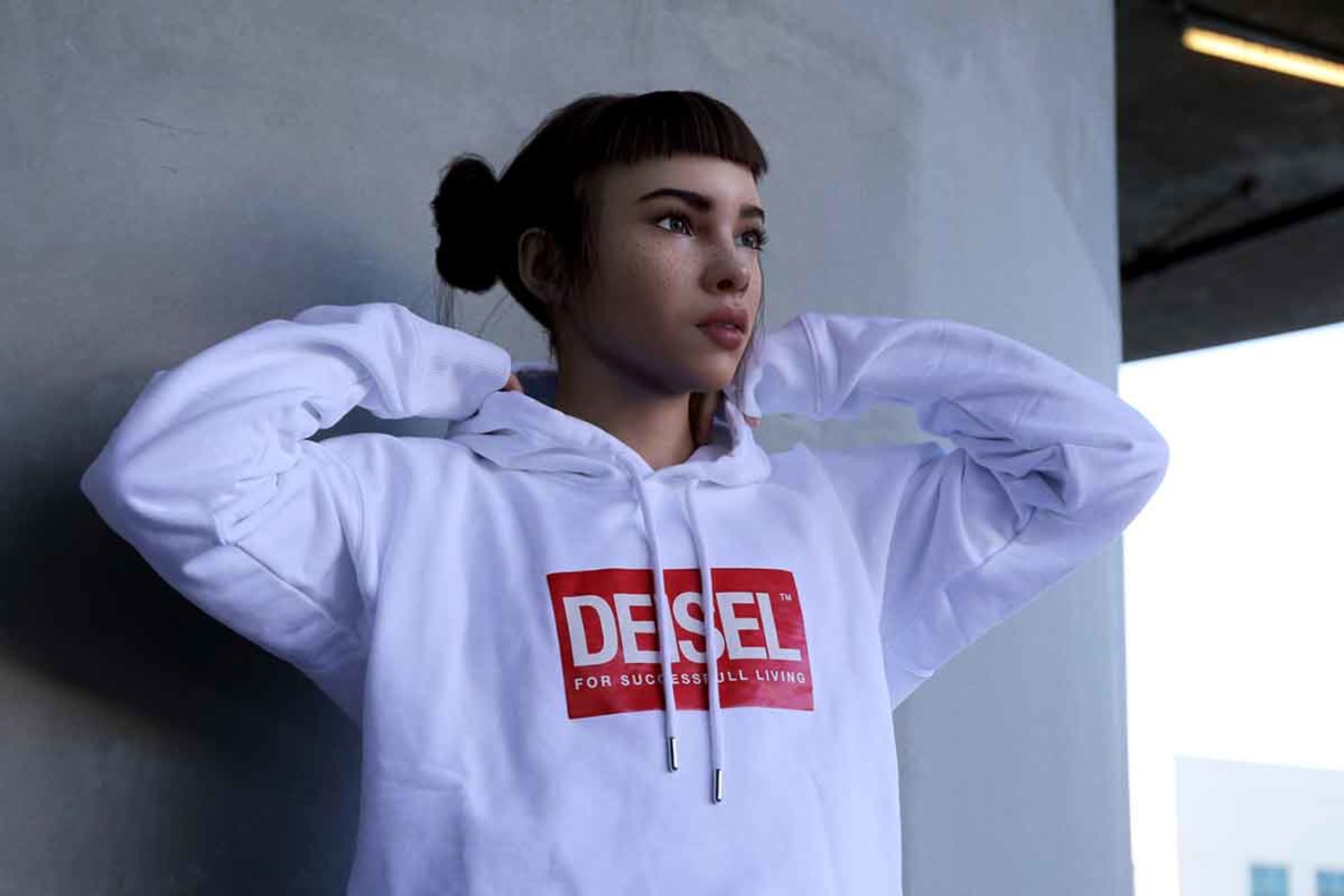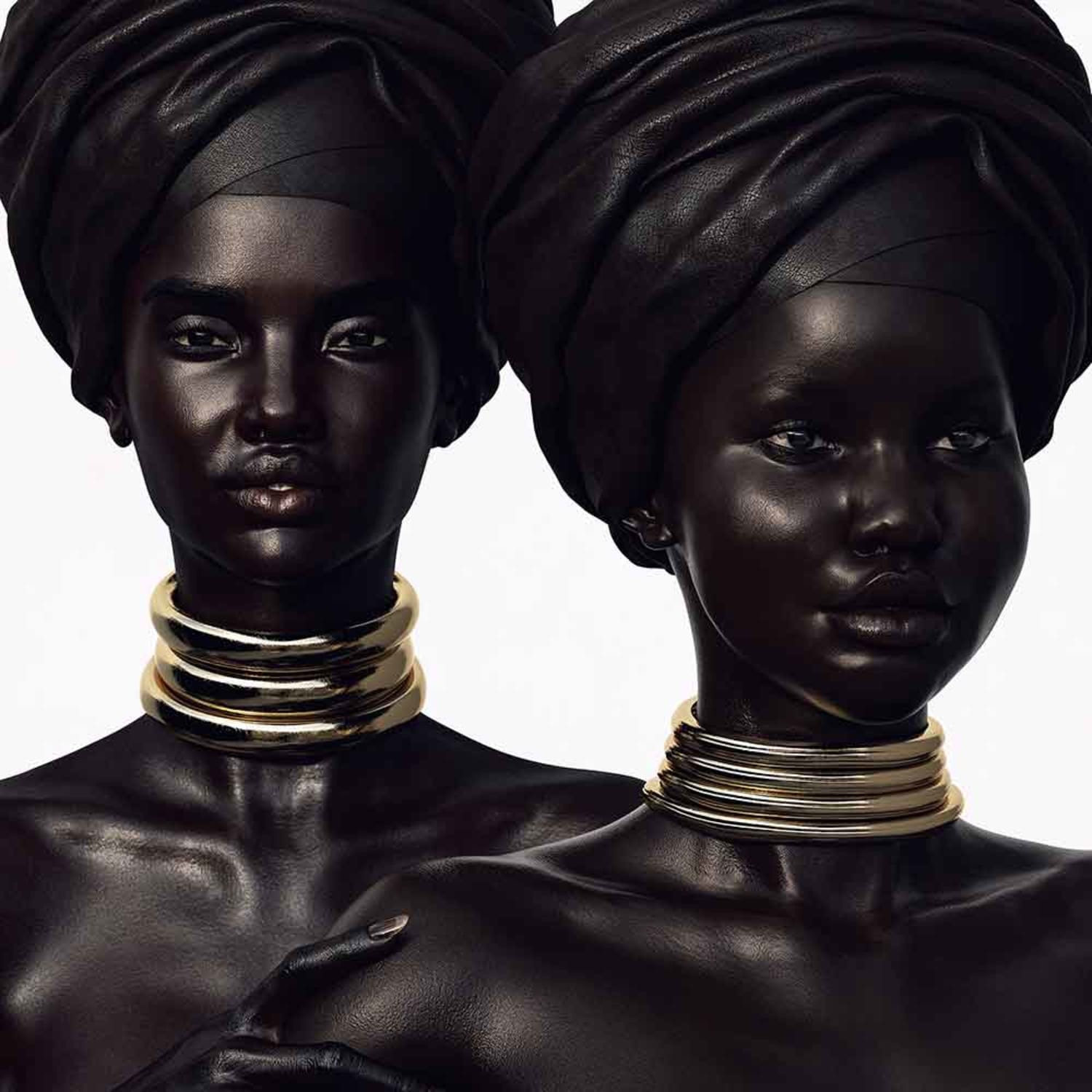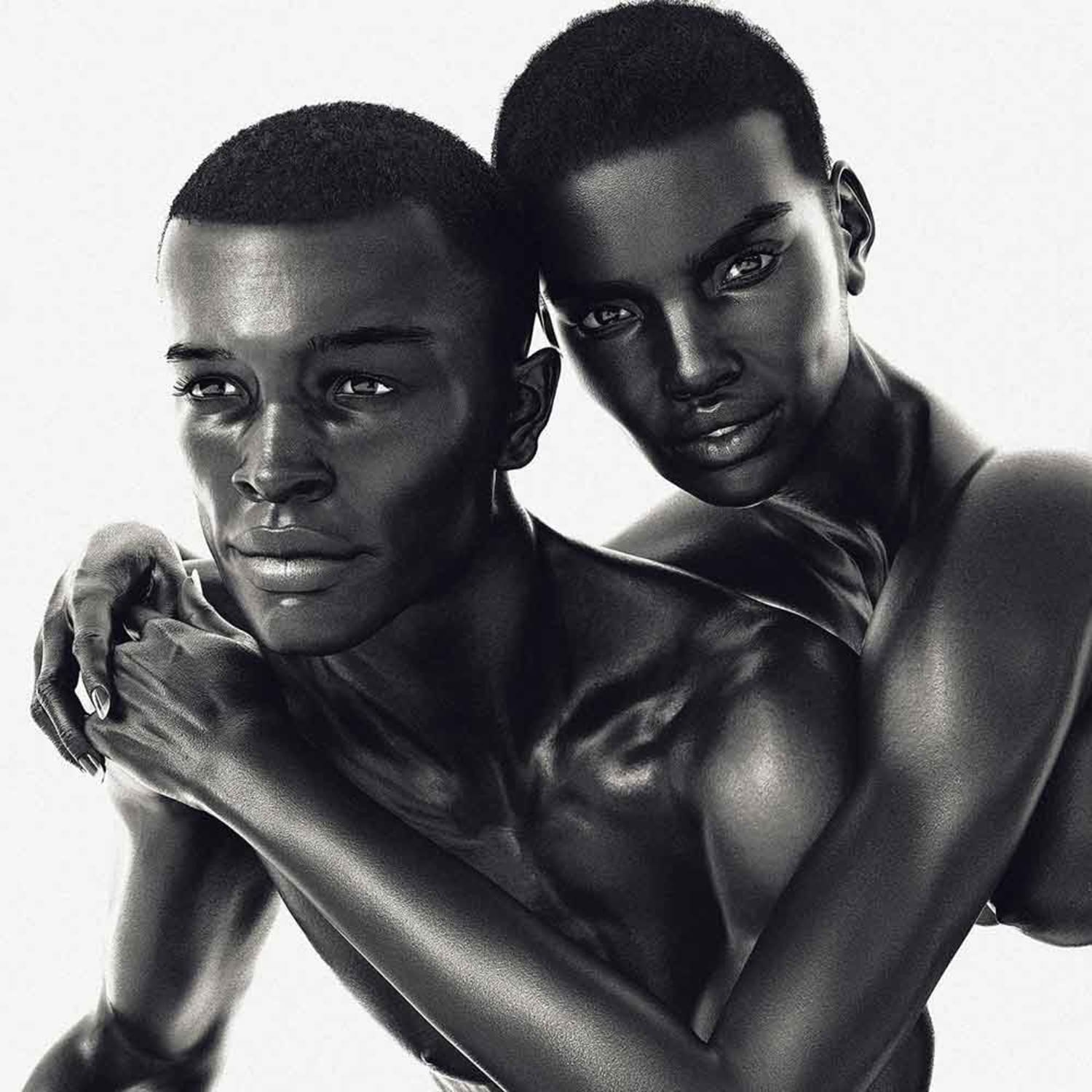Computer-generated models are undergoing a transformation from niche branded avatars to relatable and inspiring influencers. Leading this movement is Lil Miquela, a digital simulation who rose to fame in April 2016 due to intrigue around whether she is an art project or a marketing stunt.
Two years on, she has almost 800,000 followers on Instagram, as of March 2018, is a vocal advocate of Black Lives Matter, and has not only been snapped hanging out with celebrities but is an inspiration to them. Last month, make-up artist Pat McGrath named Miquela as her latest muse and actress Lena Dunham wrote about her fascination with Miquela for Lenny Letter in 2016.











